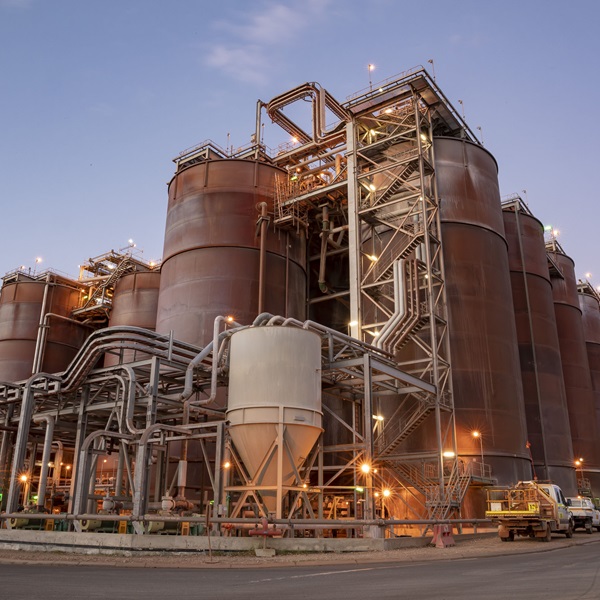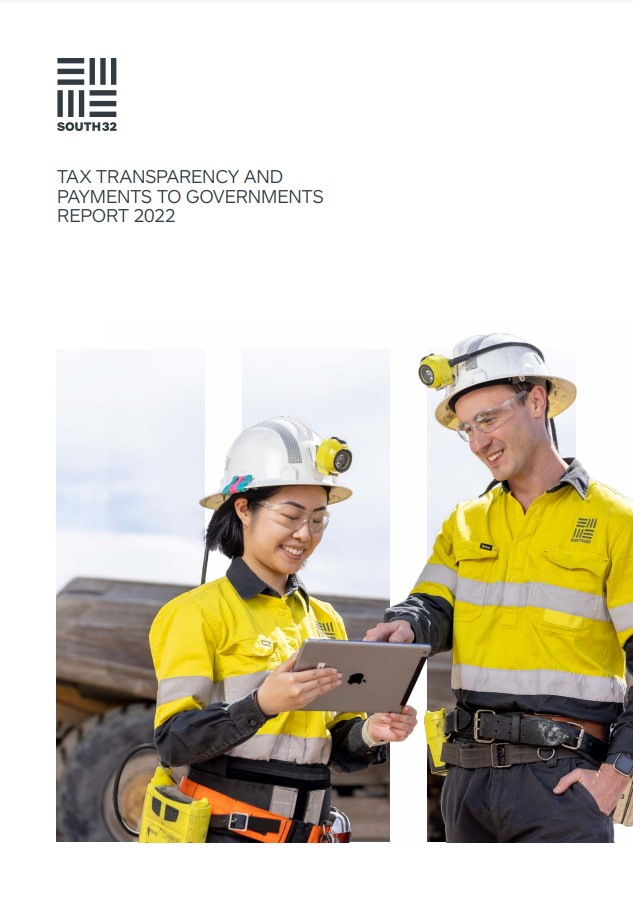
27 MAY 2025
Worsley Alumina has secured A$4.4 million in funding from the Australian Renewable Energy Agency (ARENA) to support the development of steam electrification pathways at its alumina refinery.
The funding, which will be matched by South32, will allow Worsley to undertake a pre-feasibility study of four investment options for partial steam electrification.
The options include electric boilers, which generate steam directly using an electrode, and mechanical vapour recompression, which involves capturing low-pressure waste vapour from the refining process for recompression to create pressurised steam for reuse.
These technologies have the potential to improve efficiency, reduce operating costs and greenhouse gas (GHG) emissions, through the use of renewable electricity.
“Decarbonising our operations is key to achieving our goals and targets,” said South32 Chief Operating Officer Vanessa Torres.
“The pre-feasibility study that we will undertake at Worsley Alumina, with funding support from ARENA, builds on the work already underway to reduce Worsley Alumina’s GHG emissions.
“Electrification of the steam generation process at Worsley Alumina’s refinery has the potential to further reduce the operation’s GHG emissions and we look forward to starting work on the project. We welcome the support from ARENA and look forward to the outcomes of the study.”
“Meeting Australia’s emissions reduction targets will require businesses in the most energy intensive industries to incorporate renewables in their operations,” said ARENA CEO, Darren Miller.
“Funding from ARENA will help South32 investigate innovative electrification options for steam generation that enable the use of renewable energy.”
Learnings will benefit not only South32 but other alumina refining players by continuing the industry’s investigation and potential uptake of steam electrification technologies.
South32 has a long-term goal to achieve net zero GHG emissions across all scopes by 2050, and a target to halve our operational GHG emissions by 2035 from our FY21 baseline.
Topics
